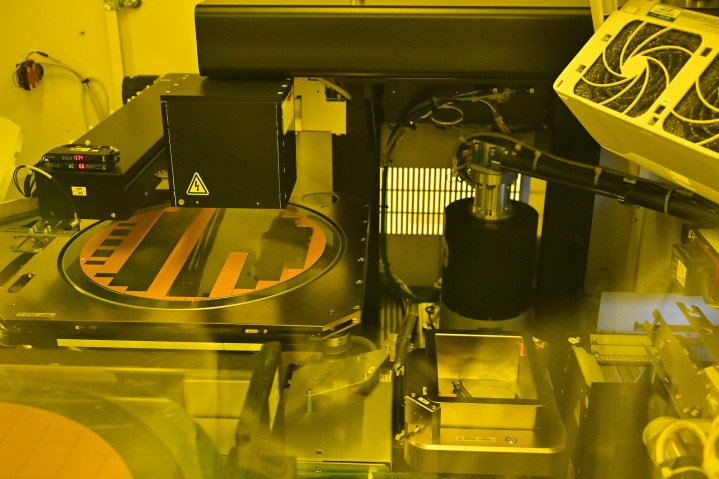
Intel has announced a new collaboration with Microsoft, revealing plans for the tech giant to utilize its services in manufacturing a custom computing chip. Intel is optimistic about surpassing its internal deadline of 2025 to outpace its primary competitor, Taiwan Semiconductor Manufacturing Co (TSMC), in advanced chip manufacturing.
The announcement came during an event held in San Jose, California, marking the inaugural technology conference for Intel Foundry, the company’s contract manufacturing arm established to compete with TSMC. Intel also outlined its strategy to reclaim the title of producing the world’s fastest chips from TSMC, with the goal being to achieve this milestone later in the year with its Intel 18A manufacturing technology.
The company also aims to extend its lead into 2026 with the introduction of its new Intel 14A technology. Microsoft is set to leverage Intel’s 18A technology for an undisclosed chip, contributing to Intel’s anticipated increase in foundry orders, which is expected to reach $15 billion, up from the previously estimated $10 billion.

The unveiling of Intel’s 14A technology represents a significant milestone, offering insights into the company’s long-term plans beyond 2025. The company seems determined to regain its chipmaking supremacy, a position it held for decades by leveraging its manufacturing prowess to produce high-performance chips. However, with the loss of its manufacturing lead, Intel has faced challenges that have led to decreased competitiveness and reduced margins, hindering its manufacturing efforts.
To reposition itself in the semiconductor industry, Intel is banking on substantial investments from the U.S. government and attracting business from external customers. The company’s geographic diversity, with various factories operating across multiple continents, presents an interesting value proposition, particularly for customers wary of TSMC’s concentration of high-end facilities in Taiwan.
Intel’s initiative to attract external customers is crucial to its turnaround strategy, with analysts emphasizing its importance in the company’s trajectory. The company’s specialized technologies, including those geared toward accelerating AI chip development, further reinforce its appeal to potential partners like Nvidia, although no official agreement has been announced yet.
Overall, Intel’s efforts to regain market dominance signify a strategic shift that underscores its commitment to technological innovation, strategic partnerships, and market diversification. While the success of its turnaround strategy remains to be seen, Intel’s proactive approach positions it for potential growth and relevance in the evolving semiconductor landscape.
Editors’ Recommendations

